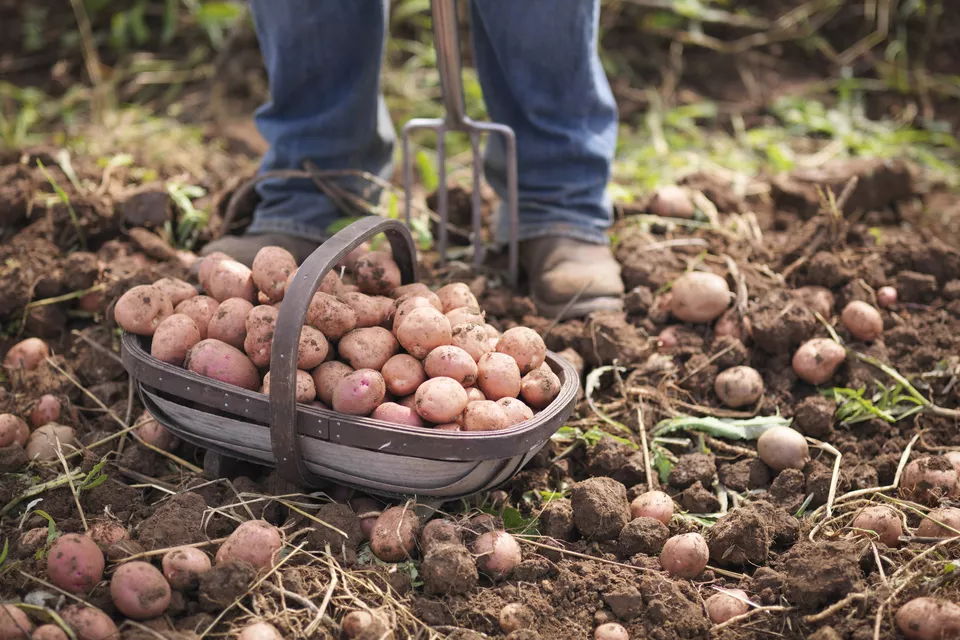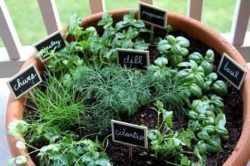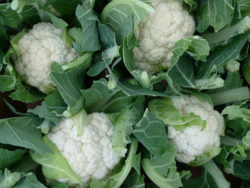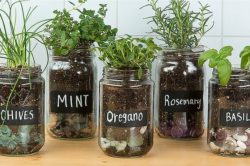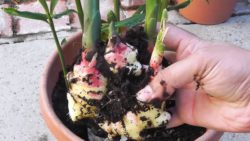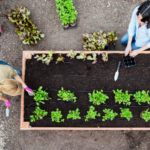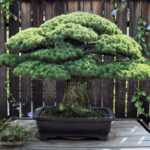Learn how to grow potatoes in Texas with this easy to follow DIY gardening guide and you'll have plenty of potatoes in no time! Potatoes are a versatile and commonly used ingredient in many dishes, so it's no surprise that they're also one of the most popular vegetables to grow at home. One of the main reasons for their popularity is that potatoes are relatively easy to grow, even for beginners. They can be grown in a wide range of soils and climate conditions, and only need a few hours of sunlight each day to thrive. In terms of care, potatoes are relatively low-maintenance; they only need to be watered regularly and protected from pests and diseases. So whether you're looking for a delicious addition to your cooking or an easy vegetable to grow, potatoes are definitely worth considering.
Can you Grow Potatoes in Texas?
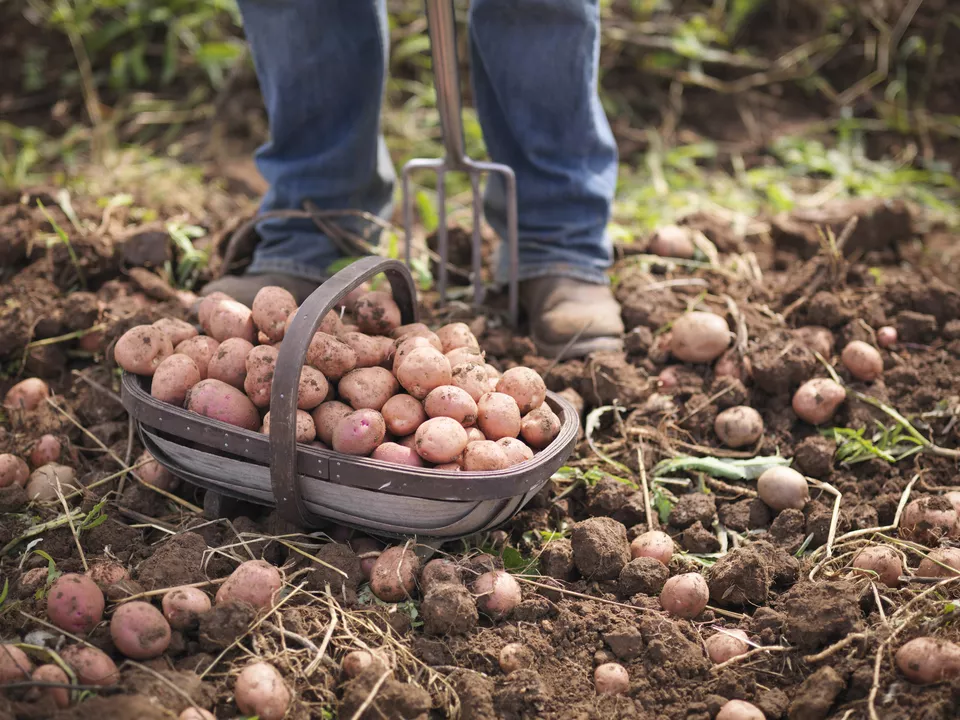
Texas is a great place to grow potatoes. The climate is warm and the soil is fertile, making it ideal for potato plants. In addition, there is plenty of water available for irrigation. Potatoes require a lot of water, so having a reliable source of water is essential for successful potato production. While potatoes can be grown in any part of Texas, the best results will be achieved in the eastern or southern parts of the state. These areas have more moderate temperatures, which helps to prevent the potatoes from getting too hot or too cold. With proper care and attention, you can grow delicious potatoes in Texas that your whole family will enjoy. Thanks for asking!
How to Grow Potatoes in Texas
Growing potatoes in Texas is a bit different than in other parts of the country. The warmer climate means that you'll need to start your potato plants indoors about six weeks before the last frost date. You can then transplant them outdoors once the danger of frost has passed. Potatoes need full sun and well-drained soil to thrive, so be sure to choose a spot in your garden that meets those requirements. When it comes to watering, potatoes need about an inch of water per week. Be careful not to overdo it, though, as too much water can lead to weak or rot. With a little care and attention, you can successfully grow delicious potatoes in the Lone Star State.
When to Plant Potatoes in Texas
If you're thinking of planting potatoes in Texas, the best time to plant them is in late February or early March. Potatoes need full sun and well-drained soil to thrive, so make sure to choose a spot in your garden that meets those requirements. Start by preparing the soil by loosening it with a spade and adding some compost or organic matter. Then, you'll want to create hills or mounds for your potato plants. Plant the potato seeds about 12 inches apart and 4 inches deep in the hills.
Once the plants have sprouted, cover them with 2-3 inches of soil. As the plants grow, continue to add more soil around the base of each plant until the mound is about 18 inches high. When the plants bloom, cut off the tops to prevent them from putting all their energy into flowers and seed production. This will encourage more tuber growth underground. potatoes are ready to harvest when the leaves start to yellow and die back. Gently dig around the plant to see if there are any large tubers ready to harvest. If so, carefully pull them out of the ground and let them cure in a warm, dry place for a few days before storing them in a cool, dark place.
The Benefits of Growing Potatoes
Potatoes are a staple in many diets around the world, and for good reason. Not only are they versatile and delicious, but they are also packed with nutrients. Potatoes are an excellent source of Vitamin C, potassium, and fiber. They also contain a range of other vitamins and minerals, making them a nutritious addition to any meal. In addition to their nutritional benefits, potatoes are also easy to grow. They can be planted in a small space and require relatively little maintenance. As a result, they are a great option for gardeners of all levels of experience. Whether you are new to gardening or have been growing plants for years, potatoes are a great crop to add to your garden.

